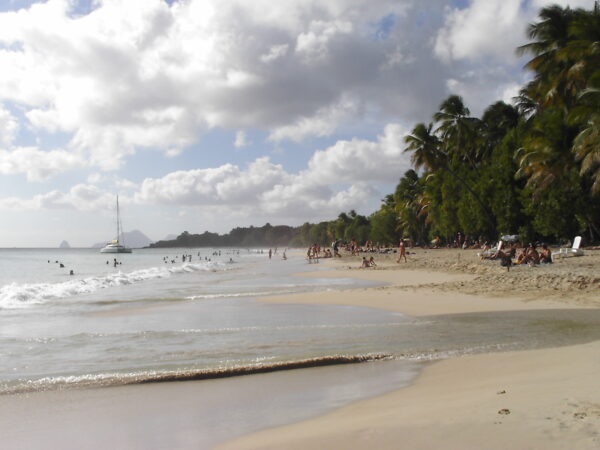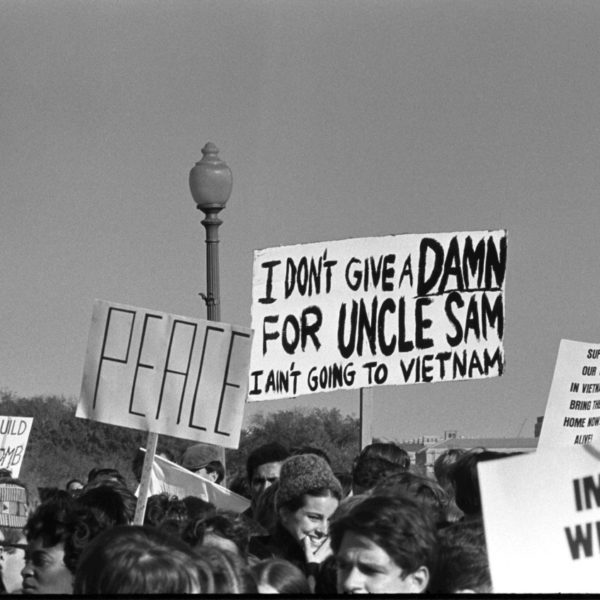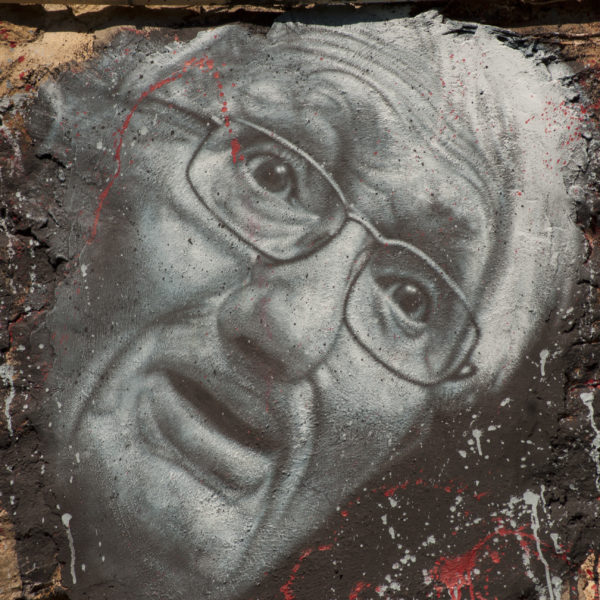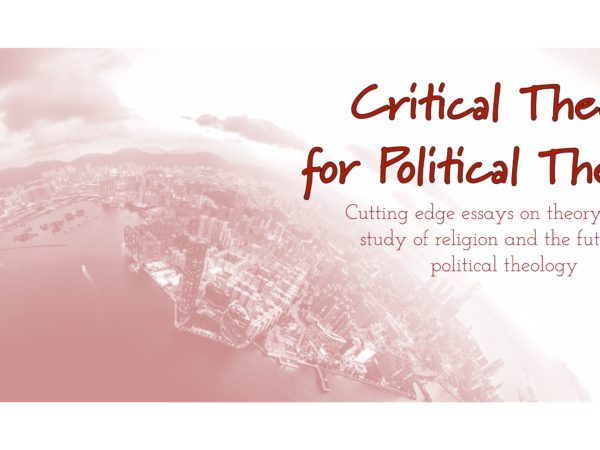
We launched this series to make available theoretical resources that keep pace with the concerns raised by those working with political theology today, whose interests are increasingly tied not only to questions of genealogy, speculation, and political modernity, but also to questions of race, colonialism, gender, sexuality, disability, ecology, labor, finance capitalism, and economies of affect.
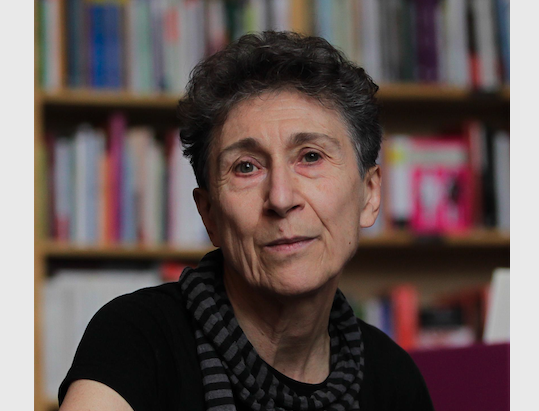
Federici provides a model for political theologians engaging with race, gender, and sexuality through the lens of capitalist oppression
By Adam Kotsko

